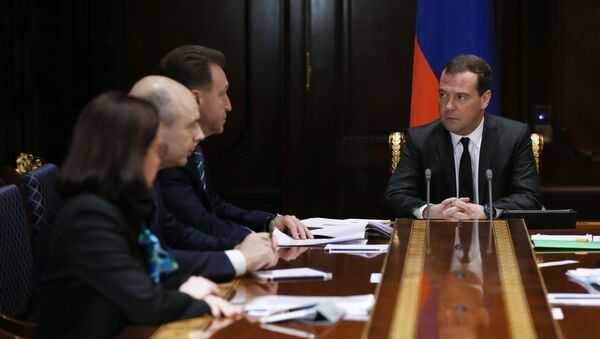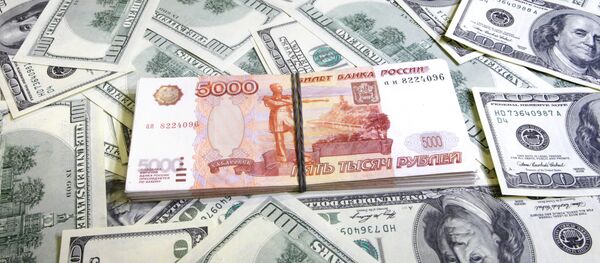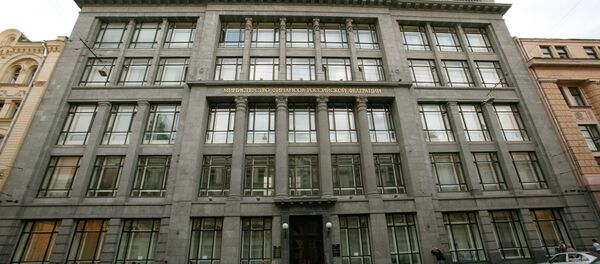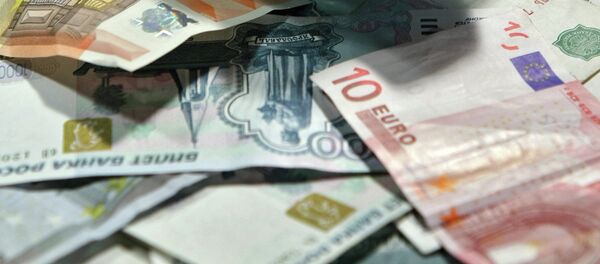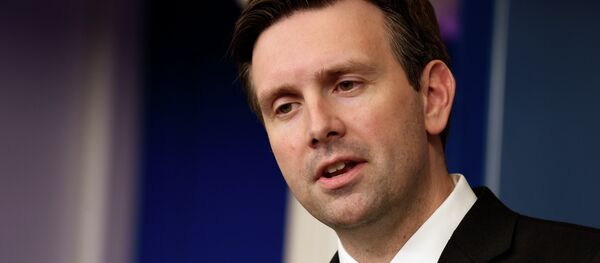“It’s been acknowledged that the ruble today is undervalued and its exchange rate on the trading floor doesn’t reflect the actual situation in the economy,” Medvedev said during a meeting with a group of financial heads.
Medvedev admitted that part of reason behind the country's economic troubles was due to the oil prices fall.
His words echoed those of Elvira Nabiullina, the head of Russia's Central Bank who previously described the absence of capital controls in the country as "an important achievement of the economic policy."
Despite the current financial difficulties, Russia still has enough resources to achieve its economic goals, Russian Prime Minister Dmitry Medvedev said Wednesday.
Speaking at a meeting with the government’s senior finance and economic officials, Central Bank leadership and the management of Russia’s major steel and energy companies, Medvedev said that “our country has currency resources needed to attain all economic and industrial goals.”
“Market instruments to ensure due demand are also available,” the prime minister said.
Since July, the ruble's value against the dollar has more than halved, prompting the Central Bank to announce it was considering floating the currency in 2015. The government has blamed the slump in the currency's value on declining oil prices and the fallout from economic sanctions piled on Russia by the West.
The ruble's nosedive was triggered not only by decline in oil prices but also sanctions imposed on Russia by the West over the past several months. Last week, the US Congress passed the Ukraine Freedom Support Act, which would introduce additional sanctions against Russia. The bill is expected to be signed by US President Barack Obama later this week, according to the White House.

